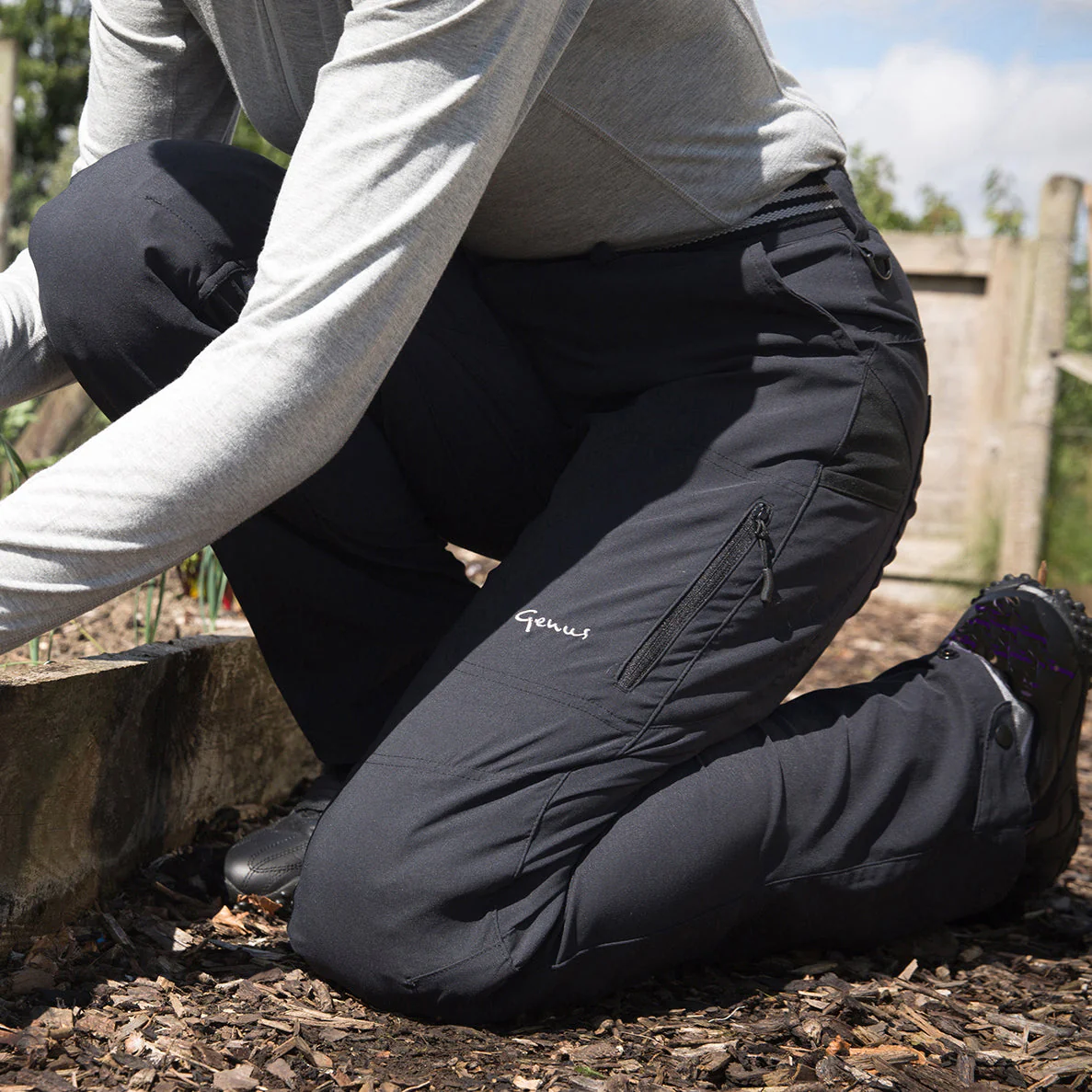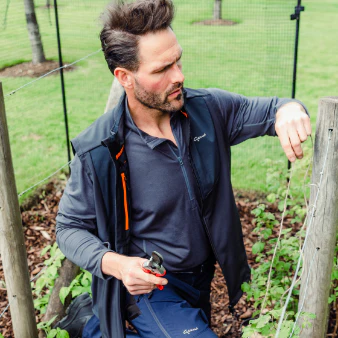Body, soul and gardening - get a memory boost

One of the myriad benefits of gardening is that it may be particularly good for the memory. In fact, a Swedish study shows that daily gardening may lower the risk of dementia by 36%. This could be due to the combined physical, mental and sensory workout it gives you.
There are lots of critical functions involved in gardening such as planning and problem solving, organising, learning new skills, remembering new plant names. Engaging in activities that mentally stretch you is believed to help reduce cognitive decline including memory loss.
As well as this, being outside in nature arouses the senses of touch, sight, smell, and sound which in turn stimulates the memory. The colour or smell of certain roses and flowers might remind you of happy childhood memories as well as being calming and mood-boosting.
The physicality of gardening is also associated with increased memory and cognition. All the carrying, bending, and twisting gets your heart pumping, which is good for the brain. It’s also fine-tuning your dexterity and combining manual dexterity with mental effort has added benefits for the brain.
So, just another incentive to get out into the garden or to the allotment to use that grey matter to start prepping and planning!











